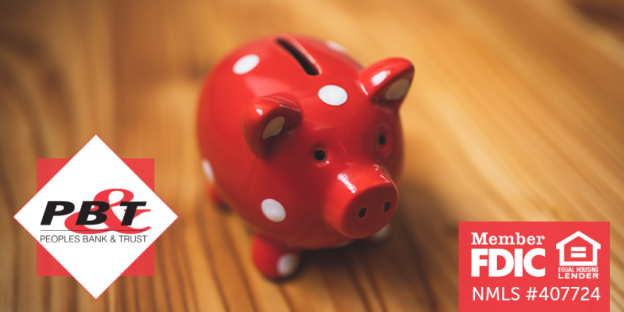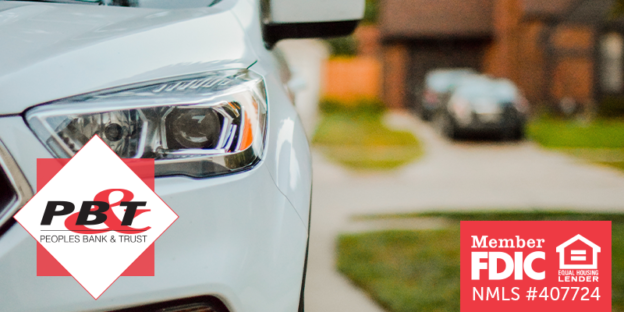Now that you’re out of your 20s and you’ve most likely been working for a few years, you may have come up with some new financial goals for the decade. Maybe you’re still hanging onto some bad money management habits that developed in your 20s and you’re ready for a fresh start. Keep reading to learn what to avoid in this new stage of life.
Avoiding the Thought of Retirement
It may seem like retirement is still lifetimes away, but it’s extremely important to invest in your future. Participate in your 401(k) plan at work and open an IRA if you haven’t already. If you are struggling to save for retirement, aren’t sure where to start or don’t know how much to save, speak to a financial advisor for some assistance.
Bad Credit Card Habits
Getting out of the credit card trap can be quite a struggle, especially if you’ve been in it for years. Credit cards are a good thing if you use them wisely but using them to pay for something you can’t afford will only do damage. If you have credit card debt, make it a priority this year to pay it off.
Buying Things You Can’t Afford
It’s not uncommon for those in their 30s to start purchasing the items that they’ve wanted since they were in their 20s. Since 30‐year‐olds usually have more money than they did in their 20s, it can be tempting to spend more than necessary, especially on big purchases such as:
- House
- New car
- Expensive meals
- Wardrobe
Make sure you’re still living within your means, and you also continue to save your hard‐earned money for the future.
Living an Expensive Lifestyle
You are who you surround yourself with, and if the people you hang out with are big spenders, it can be dangerous. Social events can quickly turn into money pits if you’re with people who like to go big. There’s nothing wrong with having friends who spend lots of money, but just be aware of how they’re influencing and affecting you financially.
Don’t let your 30s be another decade of financial lessons learned the hard way. Break free from the bad habits of your 20s and enter the next decade with financial freedom – Peoples Bank & Trust believes in you!
Peoples Bank & Trust Co.
Member FDIC
Equal Housing Lender











